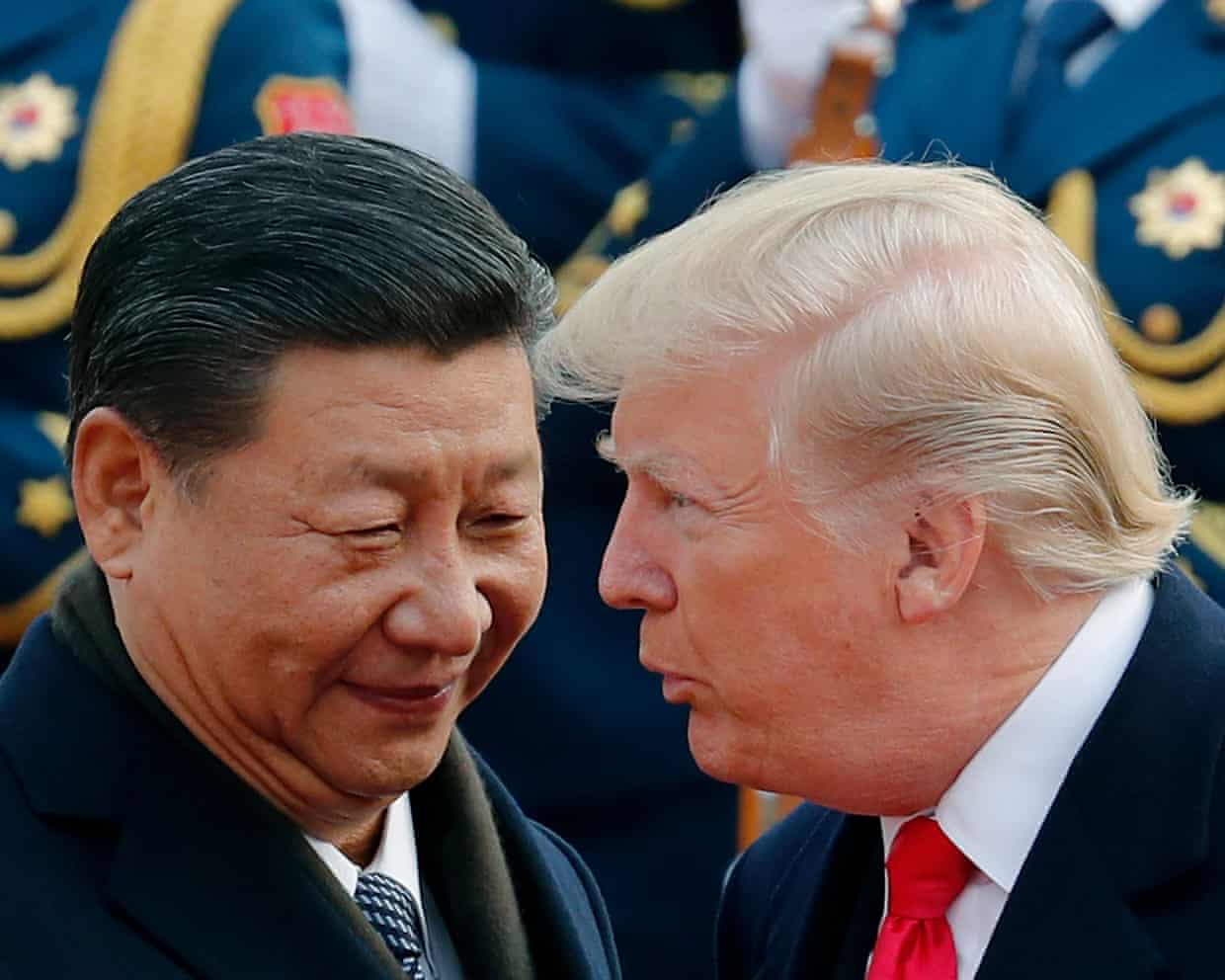
A China-led global system alongside that of the US is Xi Jinping’s ultimate aim
Entities mentioned:
- Xi Jinping: Power, Influence, Legacy
- China: Power, Influence, Self-preservation
- United States: Power, Control, Influence
- George Magnus: Professional pride, Curiosity, Influence
- Andrew J Sinclair: Professional pride, Wariness, Duty
- Joe Biden: Power, Duty, Influence
Article Assessment:
Credibility Score: 75/100
Bias Rating: 55/100 (Center)
Sentiment Score: 40/100
Authoritarianism Risk: 45/100 (Mixed/Neutral)
Bias Analysis:
The article presents a balanced view, acknowledging both US and Chinese perspectives. However, there's a slight lean towards cautioning about China's ambitions, which could be seen as a centrist or slightly right-leaning stance.
Key metric: Global Economic Influence
As a social scientist, I analyze that this article highlights China's strategic shift from economic growth to building national power and a parallel global system. The author argues that focusing solely on China's economic slowdown underestimates its long-term geopolitical ambitions. China's initiatives like the Belt and Road, CIPS, and 'Made in China 2025' are presented as evidence of its efforts to create an alternative to the US-led global order. This shift has significant implications for the global balance of power and economic influence. The article suggests that even with slower growth, China has the resources and determination to pursue its goal of establishing a China-led global system alongside the US-led one. This perspective challenges the notion of 'Peak China' and implies a continued, if not intensified, great power competition between China and the US in the coming years.